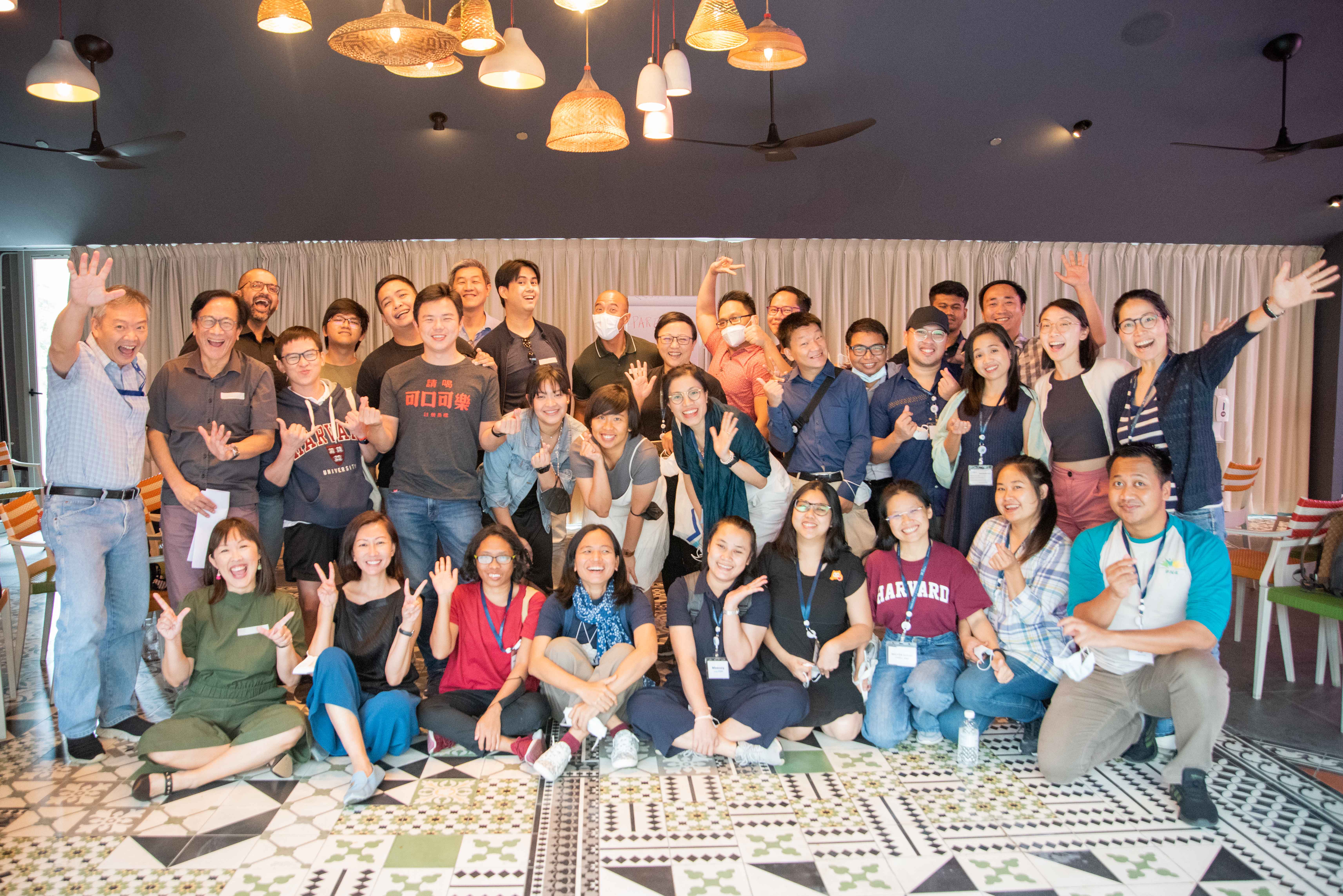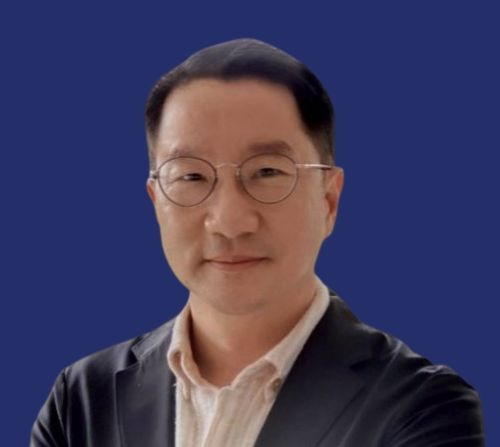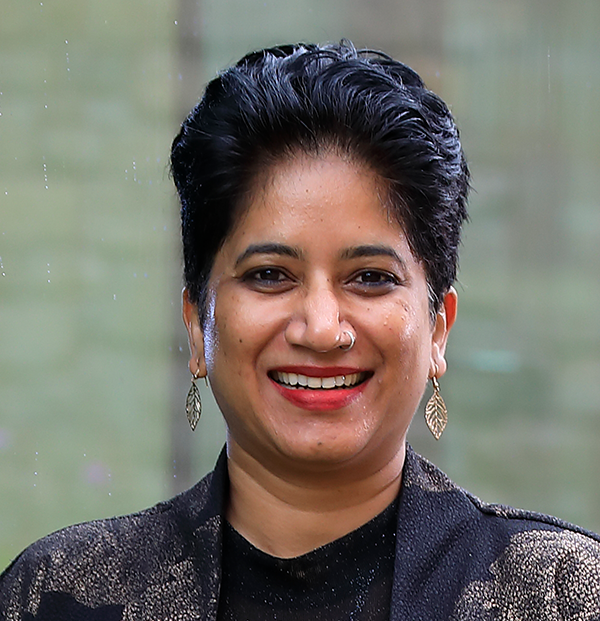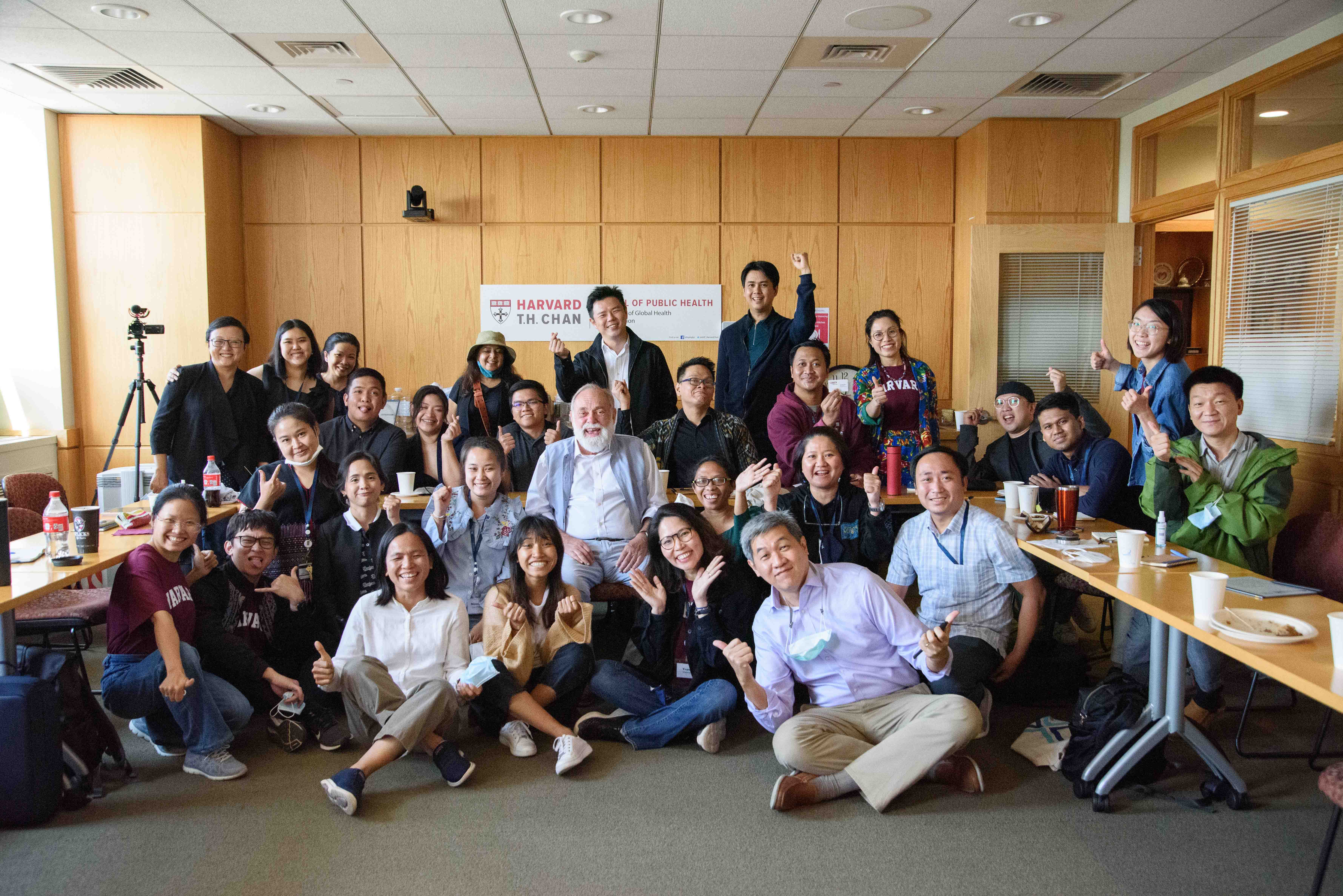Asia Trek 2022: Exploring Purpose, Potential, and Paradox in Singapore
Singapore presents a paradox: a country with a high standard of living, universal health insurance system, and entrepreneurial outlook can still face health equity challenges. Over the course of the August 13-20 Asia Trek, our 2022 Fellows explored the interplay between excellence and equity in Singapore’s health system, as well as the country’s “whole society” approach to designing and implementing services. Fellows engaged in dialogues with policy leaders and experts from a range of sectors, took a close-up look at how Singapore is addressing migrant health and mental health, and, through sharing their own reflections and insights, deepened the social bonding within their cohort.
Asia Trek was the third component of the 2022 Fellows’ induction year – but the first opportunity for them to collectively examine equity in a Southeast Asian context. The Singapore program put a spotlight on social inclusion, an issue that also figured prominently in Fellows’ Orientation Program and their Global Learning experience in the United States. Two Asia Trek field trips helped to make the challenge of social inclusion more concrete. During the migrant health-focused field trip, Fellows learned how Singapore is taking both a top-down (policy-focused) and bottom-up (community-based) approach to the health of low-income foreign workers. However, presentations by three nonprofit organizations showed that lack of information, limited income, and language and cultural differences can pose barriers to accessing health services. The field trip focused on mental health offered a different perspective. Singapore’s health leaders recognize the widespread prevalence of mental health concerns throughout society, particularly among young people, and have designed a comprehensive, multifaced program to deliver services. Yet the stigma associated with mental illness persists, and Singapore is experimenting with storytelling methods and offering services in more open settings to make people more comfortable in seeking assistance.
Singapore enjoys a reputation as a tech-savvy, entrepreneurial society, and a goal for the Asia Trek week was to consider how social innovation, health technology, and investments can be used to advance health equity. One theme that emerged in speaker presentations and panel discussions is that effective, sustainable solutions require multisectoral collaborations. Panelists participating in the “Scaling Social Innovation for Health Equity” session shared their perspectives from advocacy, philanthropic, government, and nonprofit sectors as they talked about ways to transition from successful small-scale projects to stronger health policies and inclusive social norms. A panel on “Health Technology and Health Equity” recognized both the value of digital health solutions and the need to ensure that its benefits are accessible across all population groups.
Other well-received sessions included a conversation a dinner talk on regional developments by Ambassador Ong Keng Yong, former Secretary-General to ASEAN; a conversation with investor, entrepreneur, and philanthropist Lee Han Shih on “Pathways to Social Change”; and an informal sharing on human development and social inclusion in Singapore.
We are grateful to all the organizations and individuals who shared their time and expertise with our 2022 EI Fellows. We also were pleased to feature some of our Fellows on the Asia Trek agenda: Jeremy Lim (2016) gave a “fireside chat” on leading through change, and Chan Chi Ling (2022), Lynna Chandra (2017), and Ada Chirapaisarnkul (2022) served as moderators. Our thanks also to Clive Tan (2022) and Sharon Low (2018) for all their efforts in helping us design the program in Singapore.




